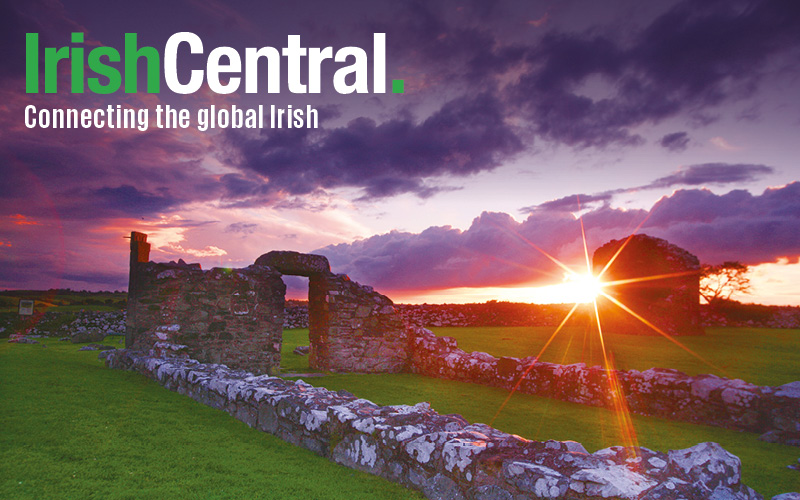In Ireland we’re having a referendum in May to determine if we’ll allow our gay friends and neighbors to marry and become equal citizens under the law.
Polls suggest the final result will break handily in favor of equality. My own experience makes me a lot more cautious, however.
Friends roll their eyes. My sky-is-falling predictions make them laugh. Stop channeling Larry Kramer, they tell me. We got this.
There does seem to be plenty to take heart in. Young Irish people, committed to progressive change, are clearly making their voices heard in the media and public debates.
The Irish media itself suggests a clear majority of our journalists see this as a social issue that will make a profound statement about inclusion and welcome in the new Republic.
And there are terrific efforts being made by pro-equality groups in Ireland – if anyone can get the job done, it will be them.
So I suppose my hesitation comes from my experience as a gay teenager in the 1980’s. I can’t quite accept that the naked hostility that was everywhere shown to gay people then has somehow transformed into inclusion and welcome now.
Maybe that’s my own problem. Or maybe it isn’t. As late as this week a series of anti-gay bullying workshops in a south Dublin secondary school were canceled at the last moment because the principal was concerned that “both sides” should on the issue should be heard.
Both sides? Did he want to bring in speakers in favor of gay bullying for “balance”? Who expresses a similar concern for the sensitivities of racists and rapists, say?
It seems to me that if that kind of half-baked reactionary nonsense can happen in leafy South Dublin, a bastion of progressive thought, then it can happen anywhere in Ireland.
And that suggests to me that – despite all the protestations of tolerance – that we are far from out of the woods yet.
On the first national discussion about the issue, hosted on the new "Claire Byrne Live" program on RTE in January, I watched with opened mouth astonishment as some perfectly nice middle class people patiently explained to the audience why gay Irish people are inferior and do not deserve the same rights and protections as straight ones.
Careful now, they cautioned, the issue is a complicated one. But you know it’s really not a complicated issue at all. It is simply two human beings creating a civil contract because they love each other and want to spend the rest of their lives together with all the legal rights and protections associated with that civil contract.
It doesn’t make the slightest bit of difference who the two people are; male, female, white, black. It’s two human beings. This is my spouse, who is my next of kin for all legal, medical, parental, and inheritance purposes. We are a single economic household when it comes to taxes, benefits, and services.
Got it? Great. We’re done here.
But the invited panel insisted that the referendum was really about the right to a mother and a father. If gays can get married then the roles of mothers and fathers may come to an end, they predicted absurdly.
Gay marriage is a domino, what comes after it falls asked a lady in a sensible pink cardigan? Human sacrifices and then cannibalism? After all that's what happened in the USA.
It was risible nonsense in other words, easily undercut by actual experience, but Claire Byrne listened to it with a serious expression as if we don't already know the answer: gay people were allowed to marry, the sun still rose. No zombies.
So I personally think it's a profound disservice to the public to give a forum to that kind of fear mongering nonsense – which is crafted to unnerve, not to understand. I don't think the producers at RTE share my viewpoint, however.
Controversy makes for great TV but it doesn't often make for understanding. The level of the public debate – witness that enraged, ranting senior citizen who made the news last week for roaring that men should not be marrying women – is embarrassingly poor in Ireland at the moment.
If it continues to be this half-baked the result in May could be in jeopardy.




Comments